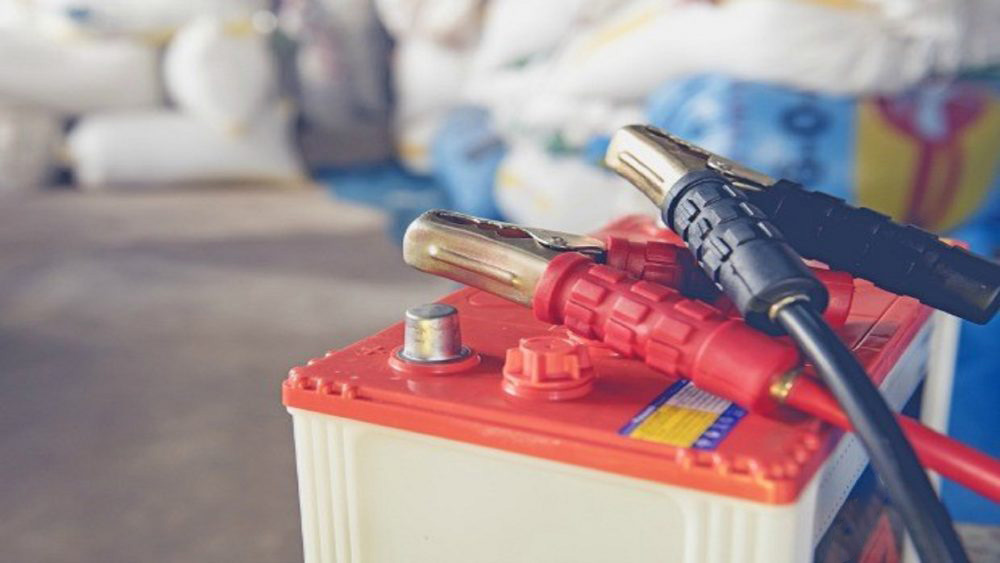Lead-acid batteries, while effective for certain applications, are not considered environmentally friendly due to several reasons.
- Lead Content: Lead is a toxic heavy metal, and lead-acid batteries contain a significant amount of lead in the form of lead plates and lead oxide. Improper disposal or recycling of lead-acid batteries can lead to lead contamination of soil, water, and air, posing health risks to humans and wildlife.
- Sulfuric Acid: Lead-acid batteries use sulfuric acid as the electrolyte, which is highly corrosive and can cause environmental damage if leaked or improperly disposed of. Sulfuric acid contamination can harm soil and water quality, affecting ecosystems and human health.
- Recycling Challenges: Lead-acid batteries are recyclable, and recycling helps mitigate their environmental impact by recovering lead and other materials for reuse. However, the recycling process can be complex and may not always be conducted responsibly, leading to environmental pollution from lead and sulfuric acid.
- Energy Intensive: The manufacturing process of lead-acid batteries requires significant energy input, contributing to greenhouse gas emissions and environmental footprint.
- Limited Lifespan: Lead-acid batteries have a limited lifespan, typically lasting a few years before requiring replacement. The disposal or recycling of spent batteries adds to the environmental burden if not handled properly.
Efforts have been made to address some of these environmental concerns associated with lead-acid batteries. These include implementing stricter regulations on battery manufacturing and recycling, promoting responsible disposal practices, and developing alternative battery technologies with lower environmental impact, such as lithium-ion batteries.
While lead-acid batteries continue to be widely used for applications such as automotive starting, backup power, and renewable energy storage due to their reliability and relatively low cost, there is growing recognition of the need to transition towards cleaner and more sustainable energy storage solutions.


